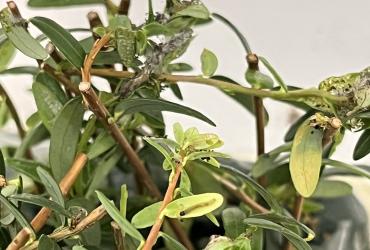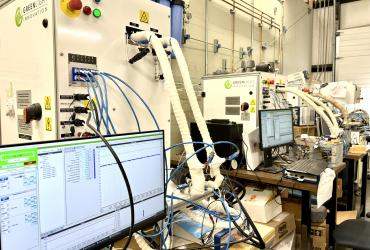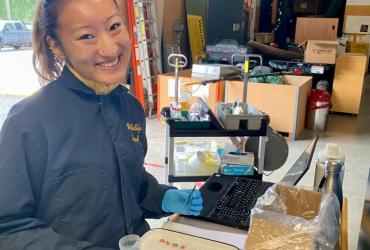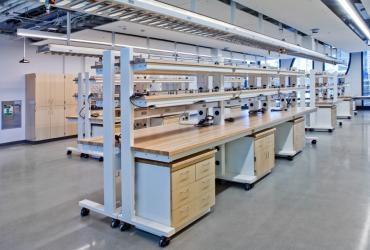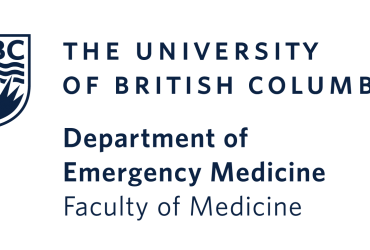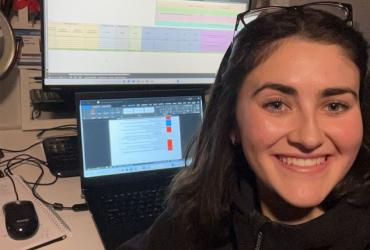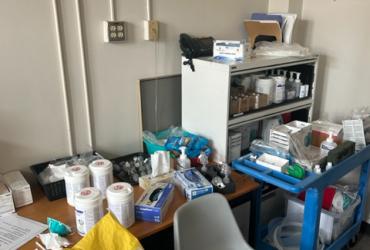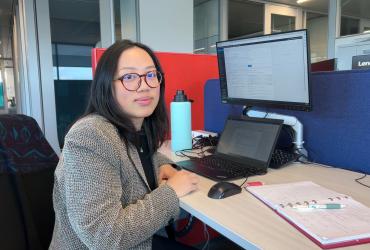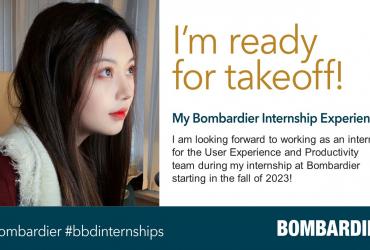Entering the seeking semester of co-op can be quite overwhelming. Glancing over the long list of jobs that you may feel like you won't qualify for can sometimes be difficult to take the initial step and apply. But it is important to remember that most employers are aware that co-op students tend to not have a great amount of experience. They look for those who have the basic skills, such as: communication, teamwork, punctuality, but most importantly the desire to learn. For those who are about to enter their seeking semester, be prepared to dedicate many hours to applying for jobs. It is critical to apply for jobs consistently throughout the semester until you have landed a position. I would suggest applying for at least 5-8 jobs per week and reflect on the responses you receive as the semester progresses. For example, if you were not offered an interview during the first month then I would suggest looking over your resume and cover letter again to make slight adjustments as you go. Applying for many jobs during your first week can be disadvantageous because you will not have the time and opportunity to learn that there may be certain improvements that can be made on your resume. The quality of your resume and cover letter will greatly increase your chances of landing a position.









